Khaleq Ebrahimi
We remember Sabrnesa, Sabrgol, Sabrina, Basgol and Besmah and many names of women who carry painful stories with them. These painful stories start from families whose contemporary ignorance has forced them not to have female children. With such names, they ask God that “the girl is enough” and if the child is a boy, then that well-known stereotype will give fruit and become a crutch of old age.
Thus, based on contemporary barbarism and ignorance, which is sometimes protected by blind society and sometimes (like now) by ignorant rulers, many girls were born unintentionally, became young, became beautiful, married unintentionally, became wives and mothers, and without Having ID card, without having a passport, without traveling and seeing other cities and countries, they passed away. They actually entered a previously forbidden life; Let alone that they study, work and earn and have the same right to vote and opinion as men. Just a few years ago, Afghanistan had another tribe called the “unforgotten tribe”. That people were women. Those who reaped the fruits of men’s war and suffered in the backyards.
During these two decades, when the song of democracy echoed to the most remote villages, at the same time, “women’s empowerment projects” also penetrated into every village. If the bread that was baked in the name of women did not reach the rural women, and all the results fattened the bellies of urban project men and women, finally the legacy of democracy became a tazkira (National ID) for remote women with which they could vote; The votes by which corrupt and misogynistic men reached the parliament to arrange stricter laws for women and to be the guardians of the same patriarchal rules and habits that they themselves were victims of it.
Whatever it was, a window was open to women’s dreams, and many girls and women flew from that window to their dreams, before the forces of darkness arrived and turned the space into a long night, the house into a prison, and the country into a soldier’s Prison.
Women, journalists, political and civil activists should take the calendar and count these thousand endless nights, this painful story of darkness in darkness. The count of how many women went to prison, how many committed suicide out of despair, how many were killed by their husbands, and how many were raped by Taliban fighters in prisons has been lost.
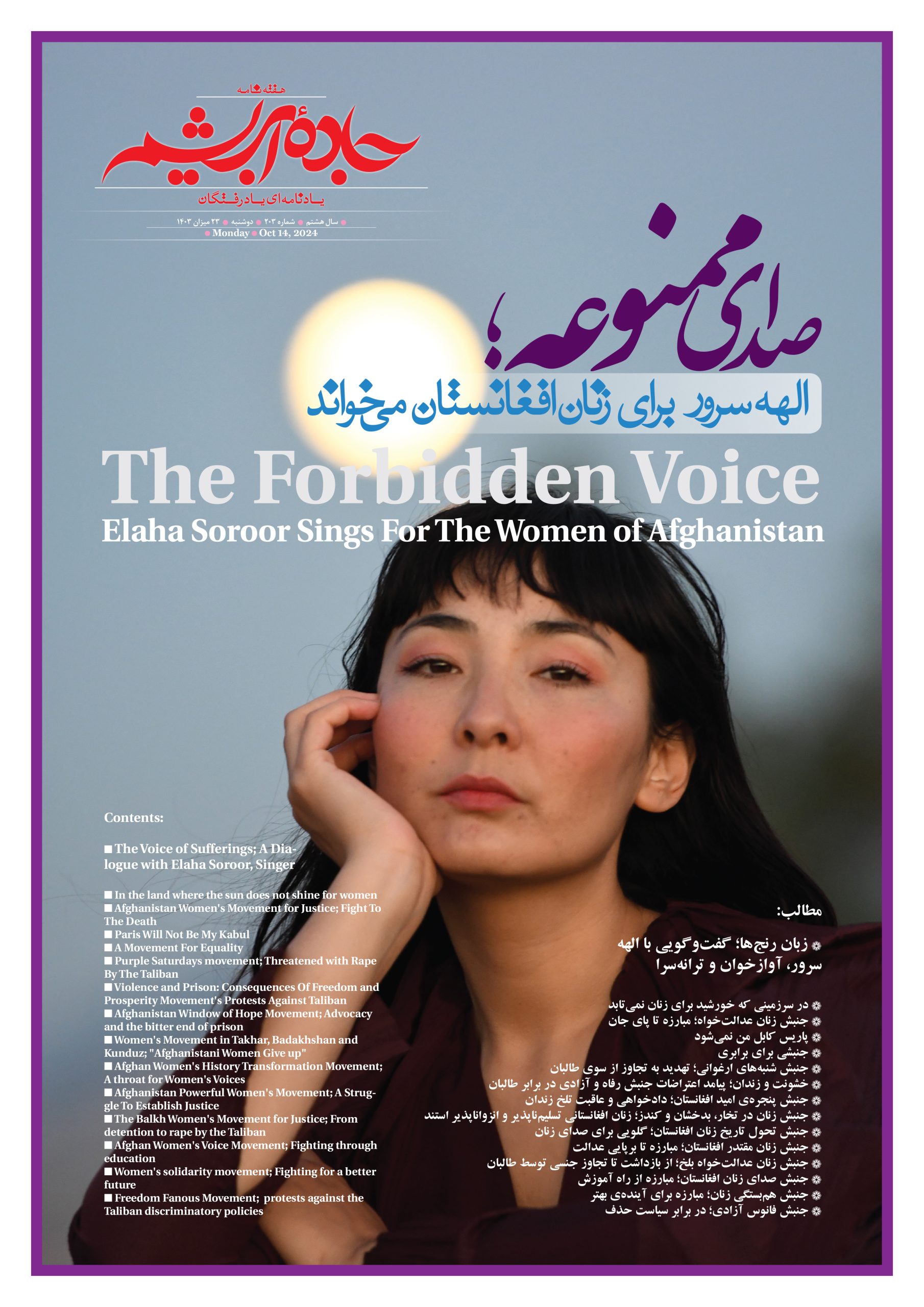 In these three years, our colleagues of the Silk Way continuously tried so that more women could tell their story, their sorrow and suffering, tell the story of these thousand nights without the light of the morning and the sunrise. From banned students to imprisoned girls to isolated medal winning athletes, they participated in this program and shared their suffering with the readers of the Silk Way Weekly. This time we went to the women who still believe that this long night will finally reach the dawn of freedom. Women who are still standing in the streets of the capital and other big cities of Afghanistan, in the eyes of the dark force and have not given up on their dreams.
In these three years, our colleagues of the Silk Way continuously tried so that more women could tell their story, their sorrow and suffering, tell the story of these thousand nights without the light of the morning and the sunrise. From banned students to imprisoned girls to isolated medal winning athletes, they participated in this program and shared their suffering with the readers of the Silk Way Weekly. This time we went to the women who still believe that this long night will finally reach the dawn of freedom. Women who are still standing in the streets of the capital and other big cities of Afghanistan, in the eyes of the dark force and have not given up on their dreams.
The “Bread, Work, and Freedom” movement started from the streets of Kabul and other cities and has not yet died out, although many women were forced to leave the scene of struggle after enduring torture, imprisonment, and forced confessions, and finally were forced to leave the country, and of course, vigilantes from them, by passing through and receiving asylum, they reached bread, work, and freedom; But the bone-burning restrictions were not only removed or reduced, but increased more and more with each passing day.
Finally, the case that is currently on the agenda coincided with the third anniversary of the fall of Afghanistan and the imposition of new restrictions on women. Before this, women were deprived of working, studying, traveling, and wearing makeup and clothes of their choice; But now, restrictions have been imposed on their throats and their voices. On the one hand, women insistently and continuously fight for their rights, on the other hand, the ruling force imposes more restrictions in response to their wishes. In such a situation, the Silk Way Weekly is committed to publishing and broadcasting women’s stories, women’s voices, and women’s wishes, and standing by the country’s women.


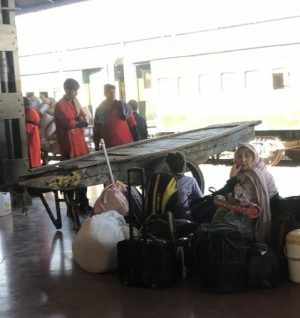
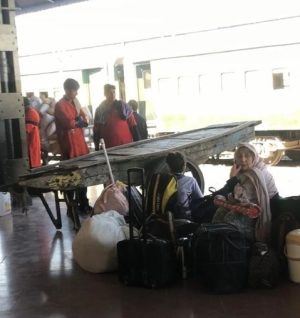
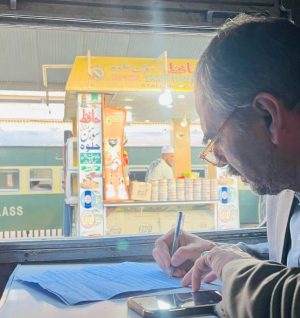
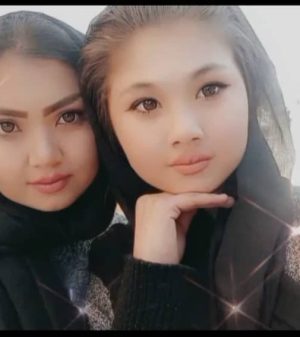
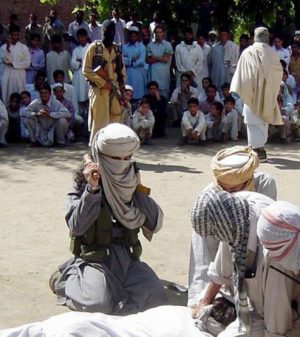
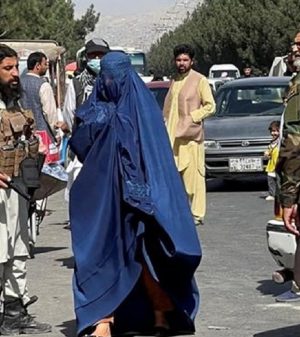
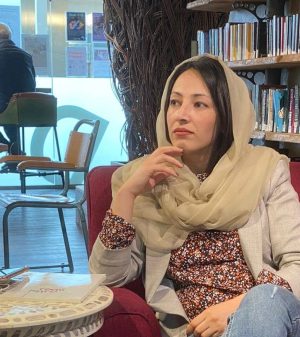
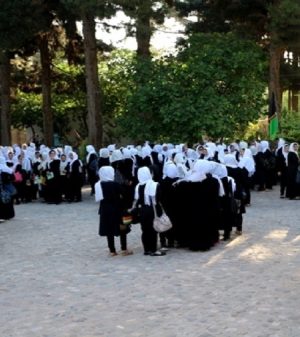
Add Comment